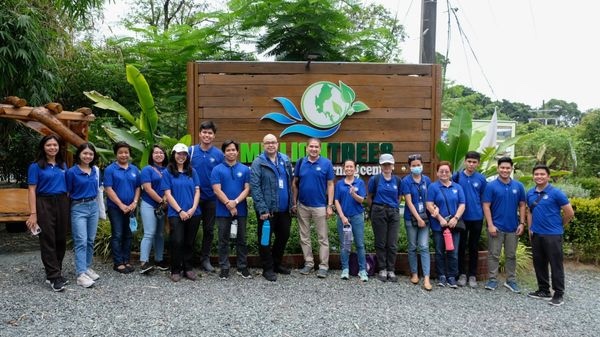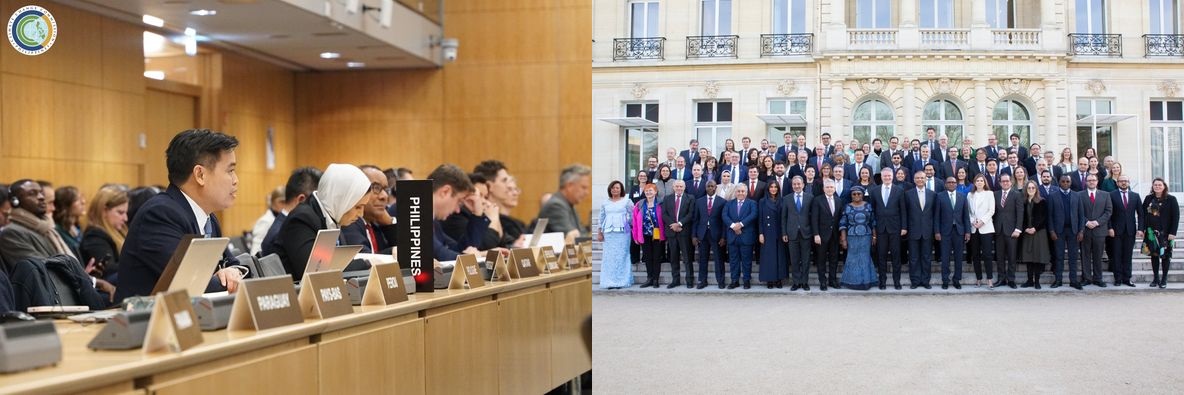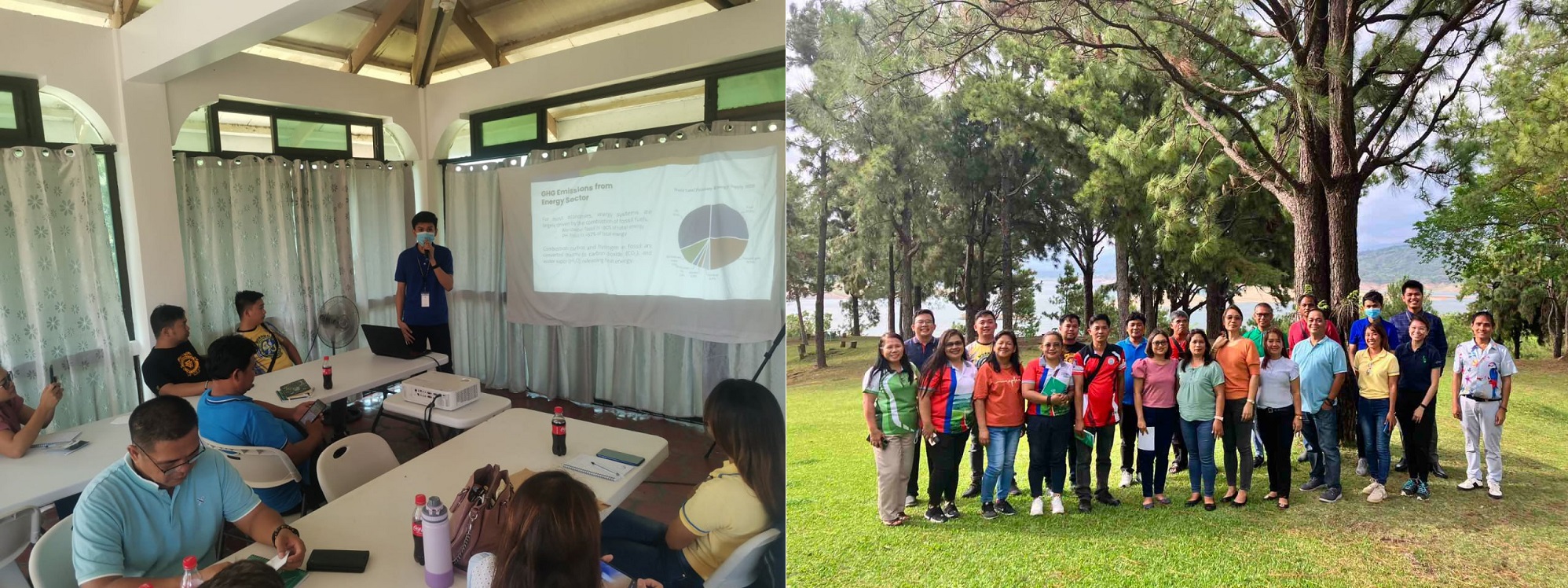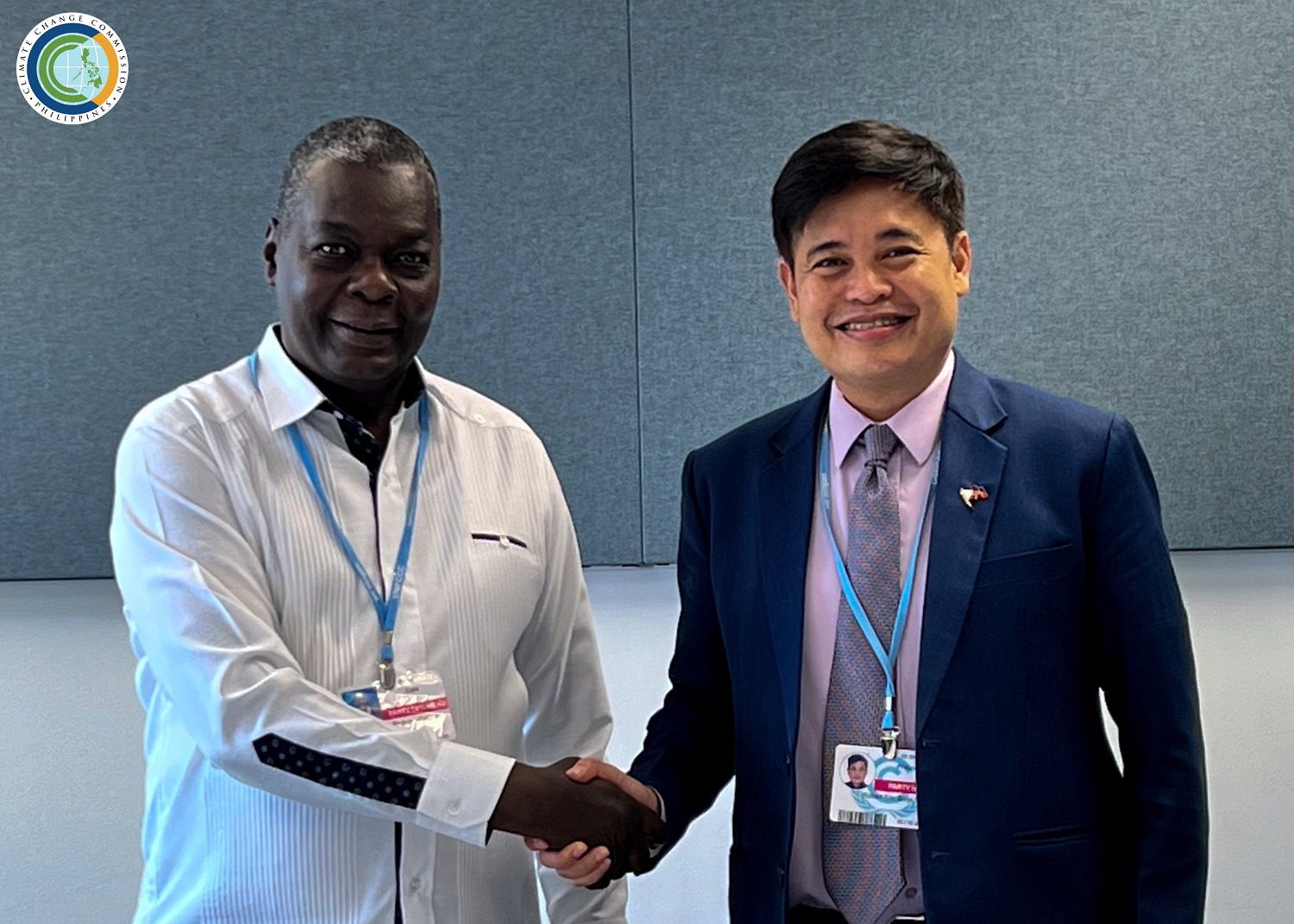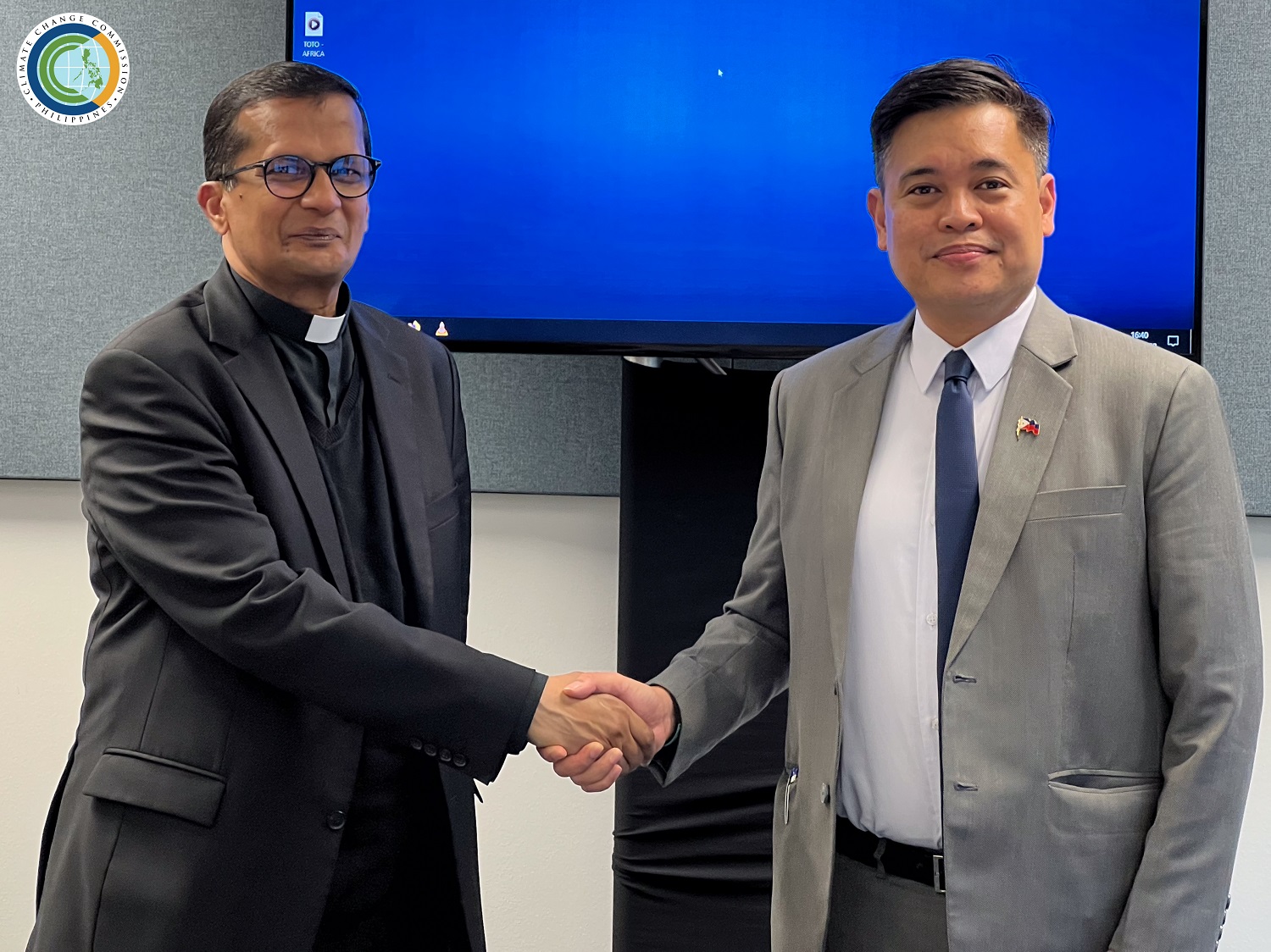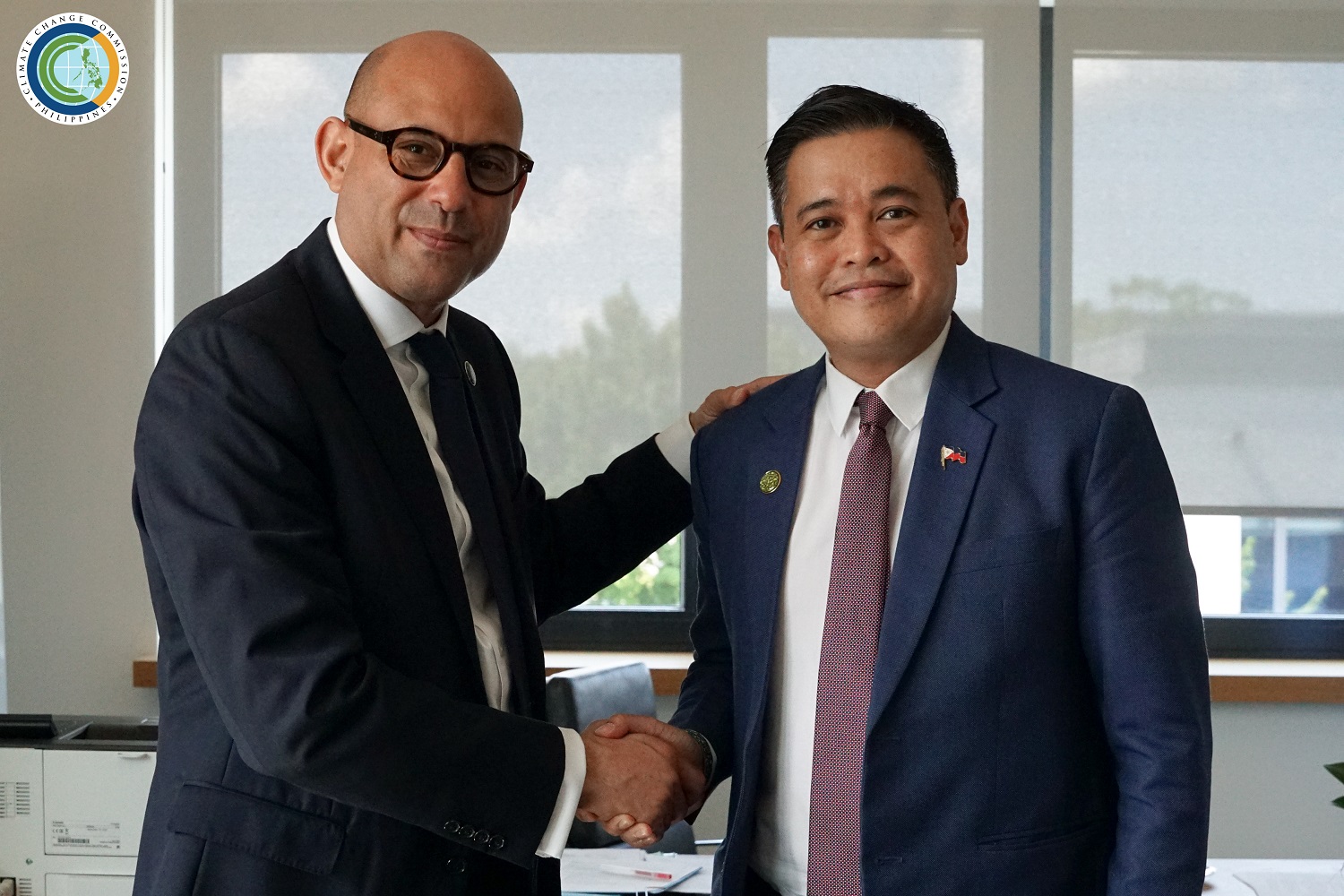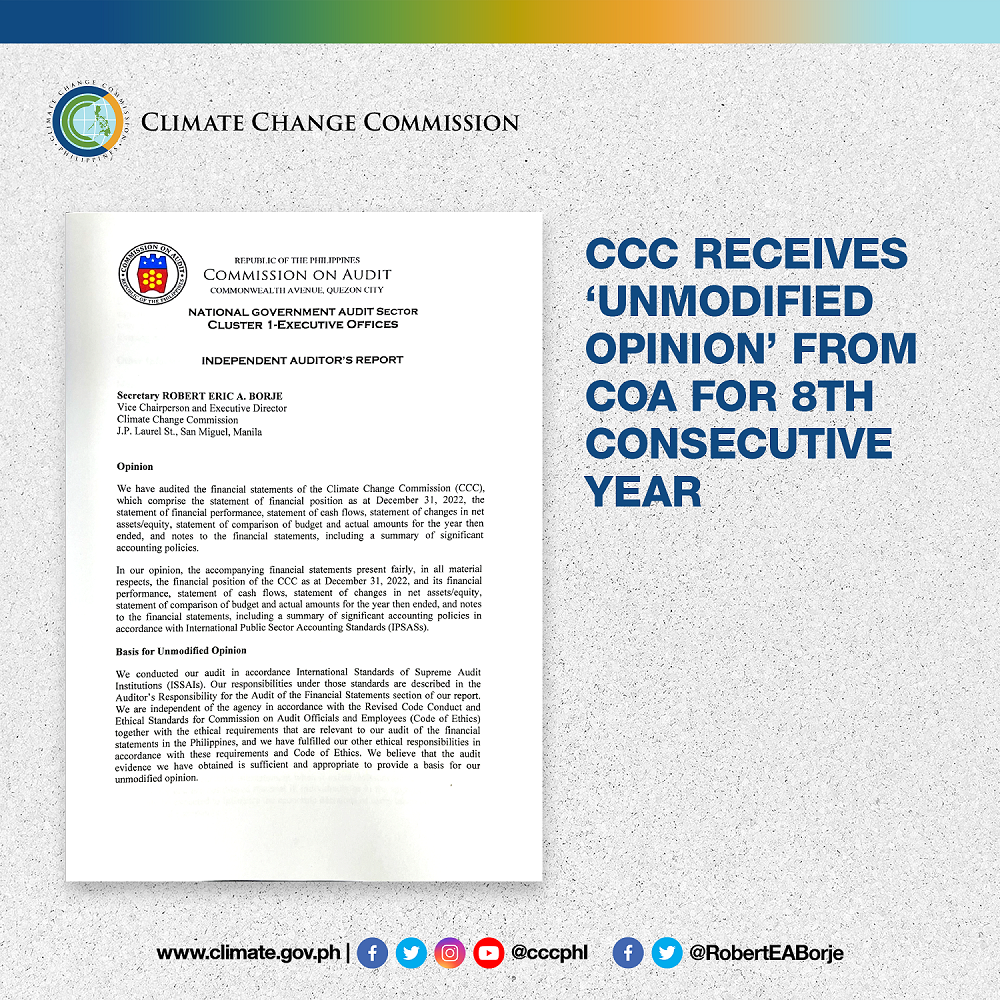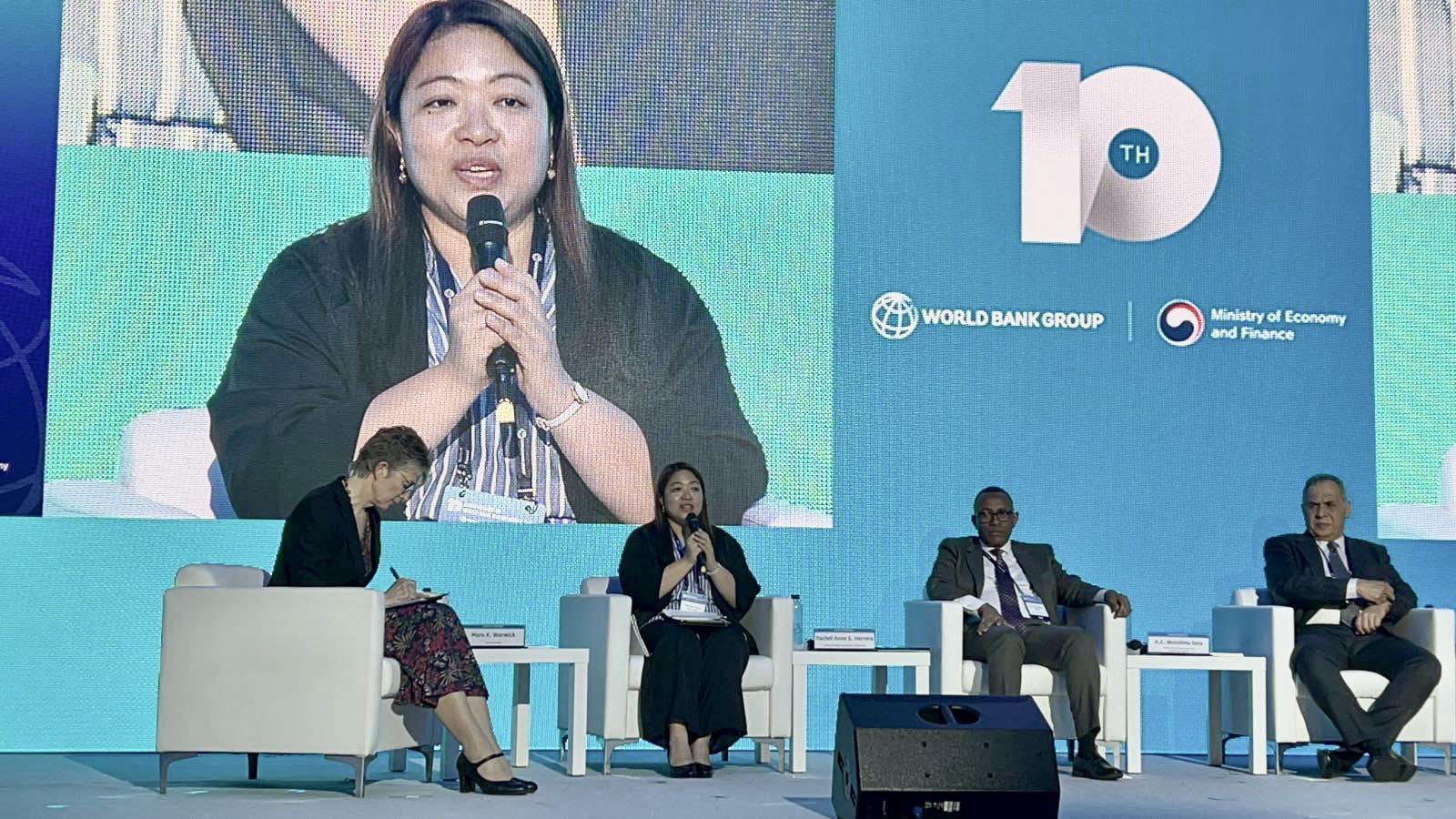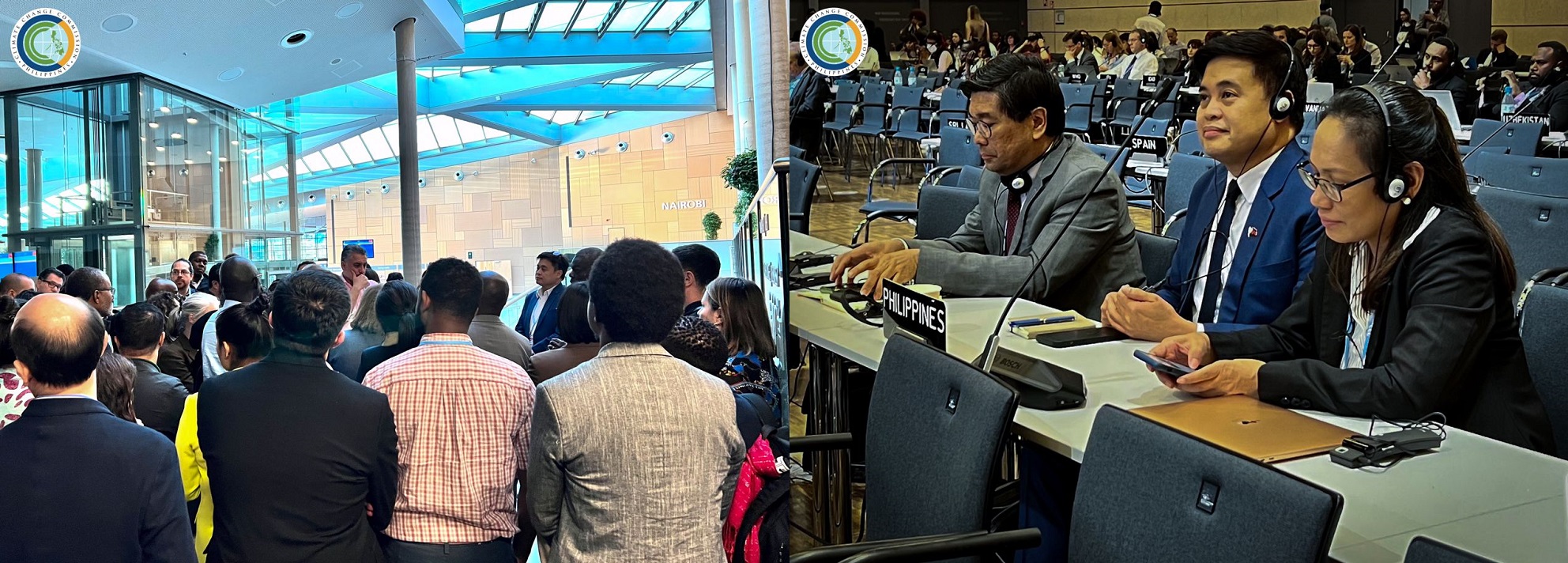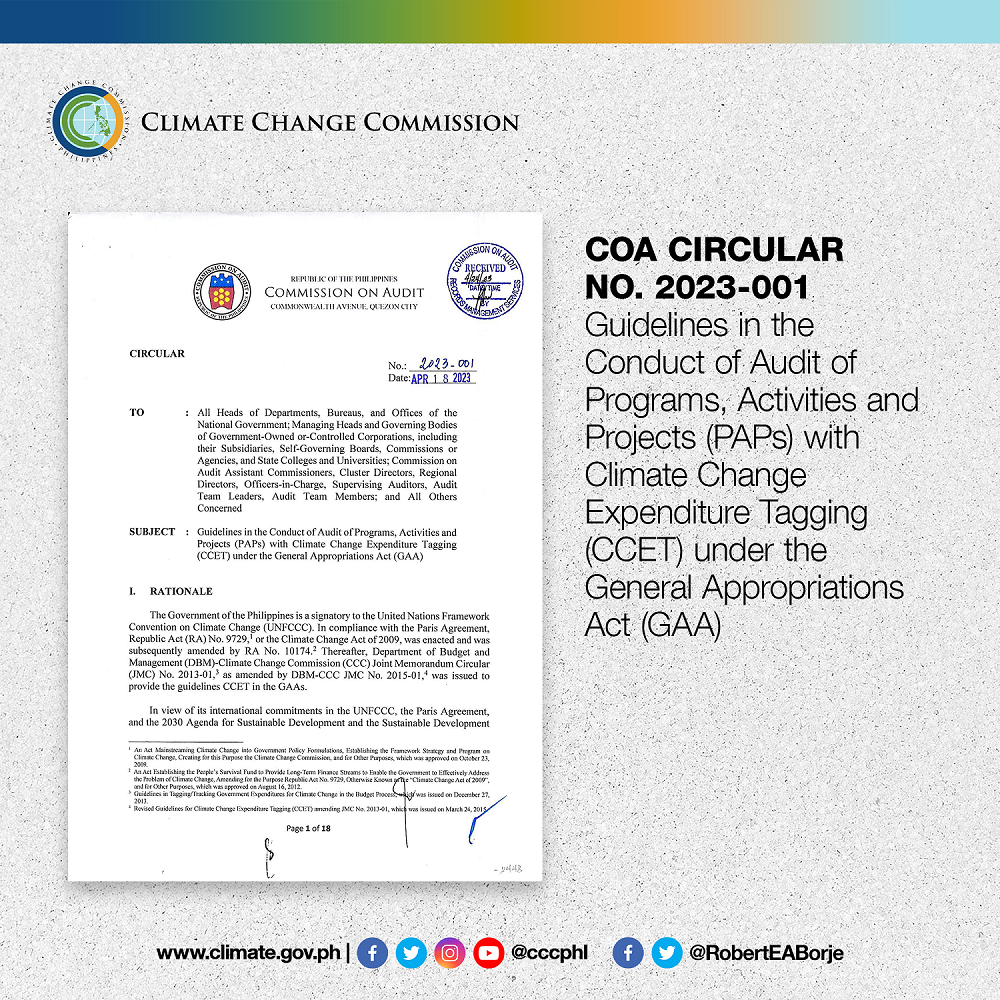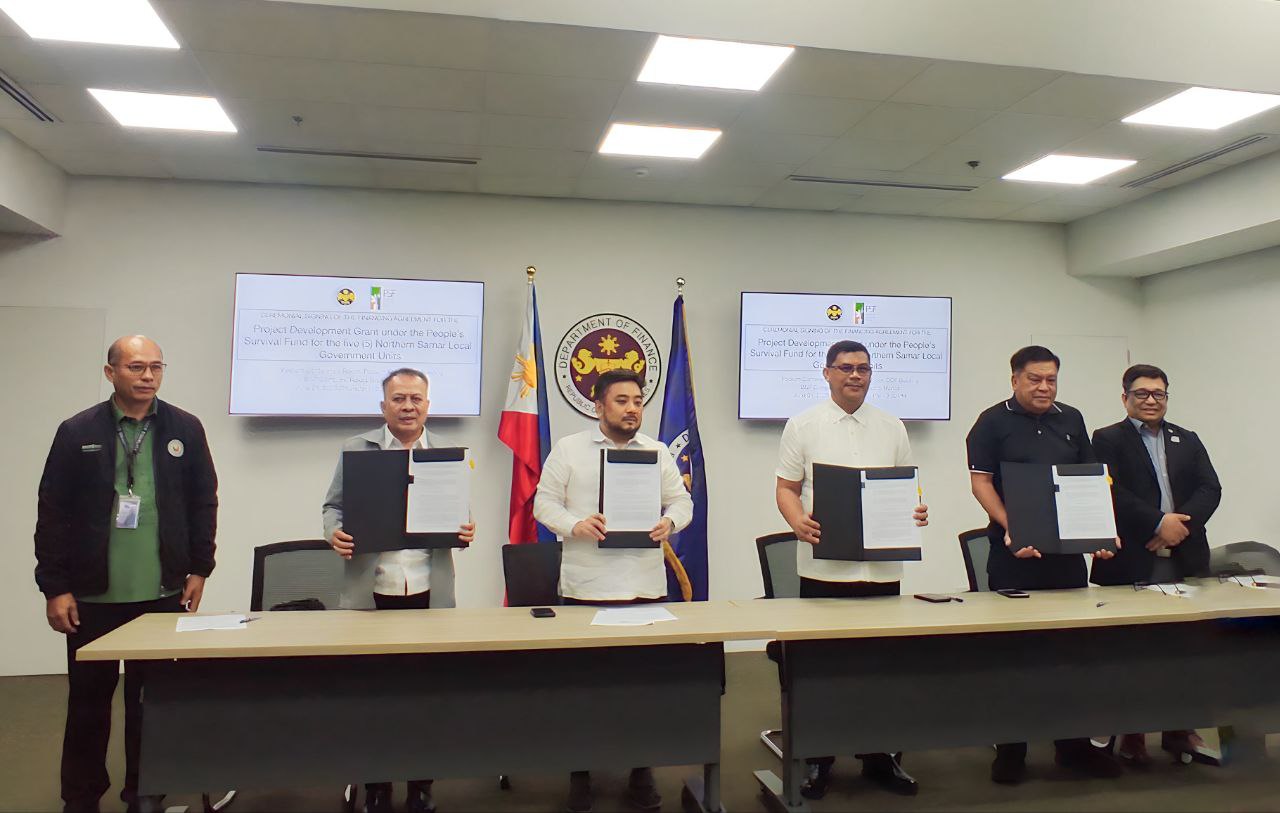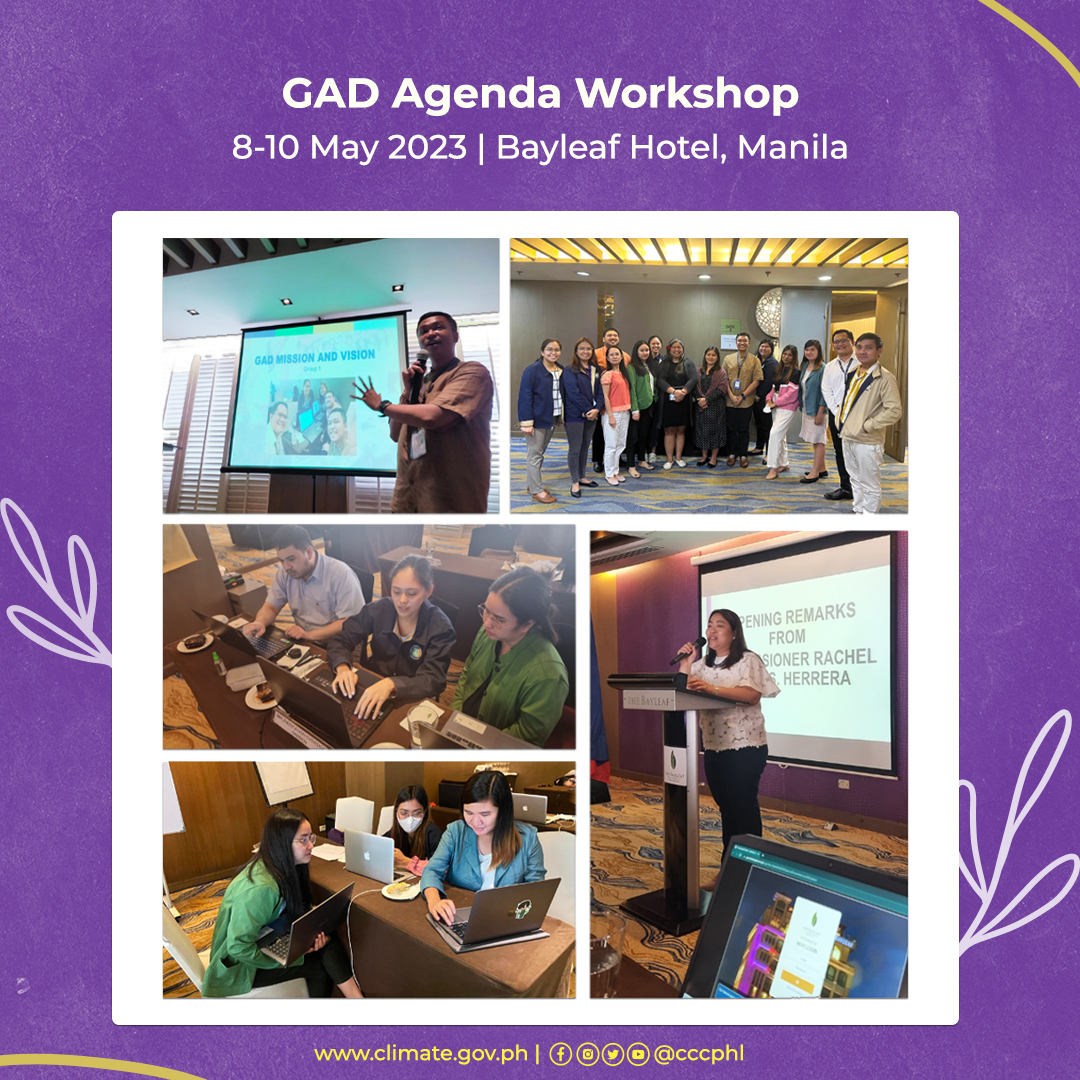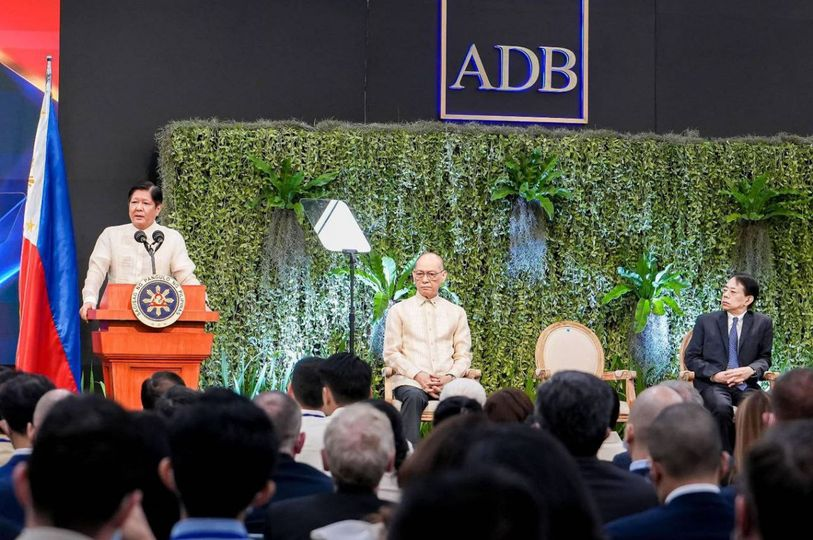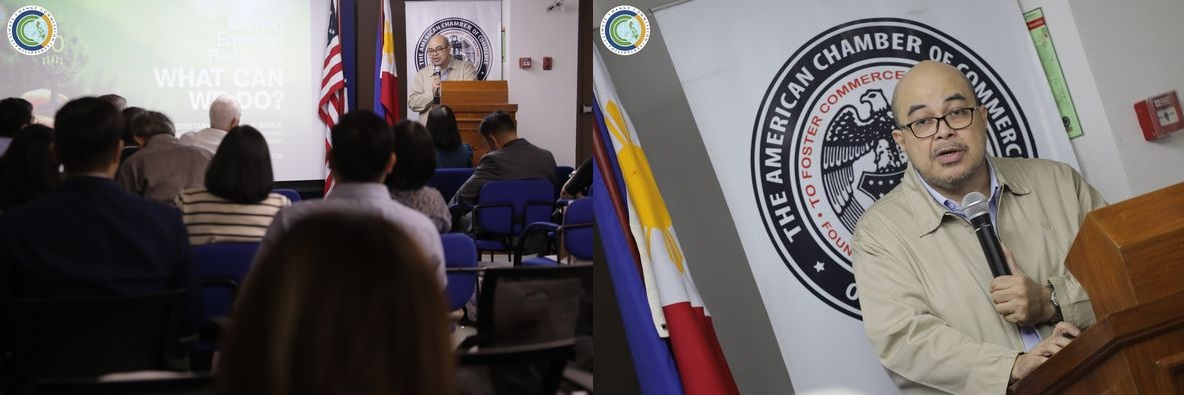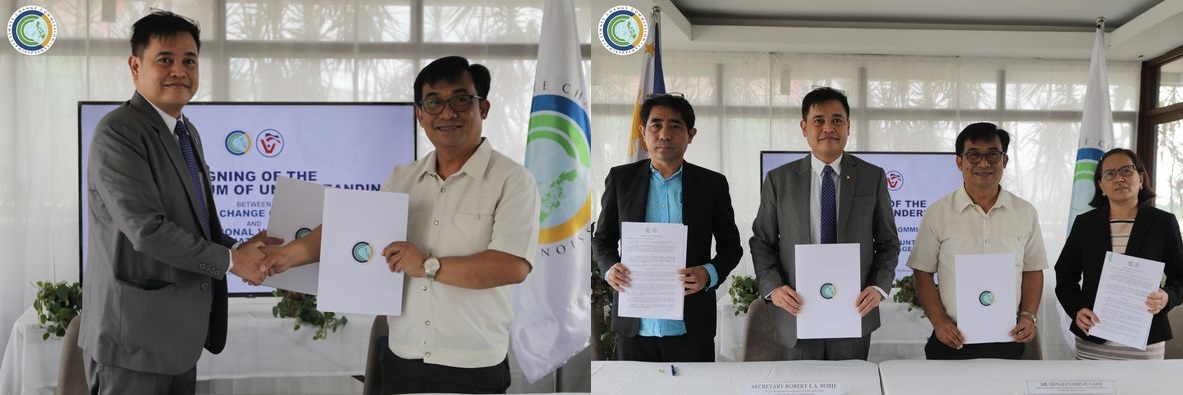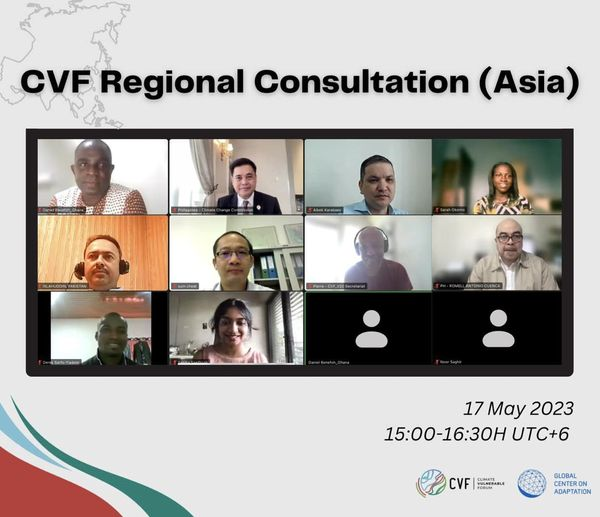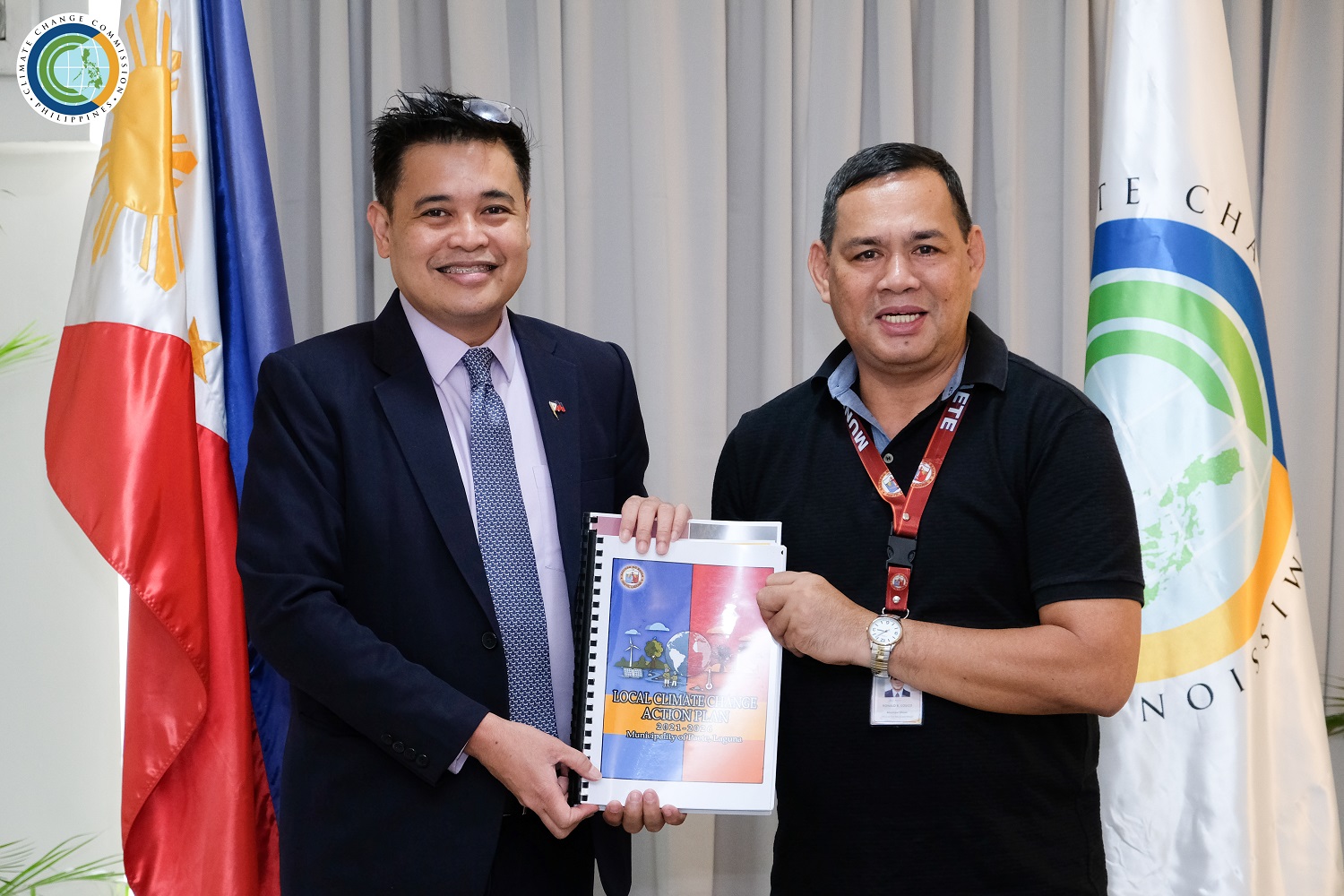At the opening plenary of the 58th Session of the Subsidiary Bodies (SB58), the Philippines delivers a powerful call to action on climate change, emphasizing the urgent need for concrete solutions to protect vulnerable nations
BONN, GERMANY, 8 June 2023 – The Philippines delivered a resolute call for immediate and concrete actions to tackle the worsening climate crisis, emphasizing the need to transform the decisions of COP27 into tangible outcomes responsive to the needs of vulnerable developing nations.
Delivering the Philippine Statement at the opening of the 58th Session of the Subsidiary Bodies (SB58) of the United Nations Framework Convention on Climate Change (UNFCCC), Climate Change Commission (CCC) Vice Chairperson and Executive Director Robert E.A. Borje reminded about undelivered commitments.
“As we build on the progress Parties made in Sharm El-Sheikh, we believe in the real possibility that we will be able to transform COP27 decisions into actions with outputs and outcomes that are concrete, relevant, and appropriate, responsive to the vulnerable, developing nations’ needs and priorities, and based on best available science and evidence,” said Borje, Head of the Philippine Delegation.
Presenting alarming statistics on the loss and damage incurred by the Philippines and nearby ASEAN countries over the past decade, he lamented that the Philippines suffered loss and damage amounting to US$12 billion, equivalent to two times its national budget for crucial health services.
Within the Southeast Asian region, the Philippines, Myanmar, Vietnam, and Thailand emerged as four of 10 most vulnerable countries to climate change and disasters. This makes nearly 50 percent of the ASEAN population exposed to climate change impacts. Moreover, the ASEAN region endured economic and human losses of US$97.3 billion, nearly matching the global commitment of US$100 billion by Annex I or industrialized countries for the same period, 2009 to 2020, to support vulnerable developing nations.
The Climate Vulnerable Forum and V20 Group of Finance Ministers reported a staggering loss and damage figure of US$525 billion over the past two decades for the 58 vulnerable country members.
“These numbers manifest in no uncertain terms, that in the face of worsening climate change, it is our lives, our livelihood, and our collective future at stake. I would like to address my people: Sa nagbabagong klima, buhay, kabuhayan at kinabukasan nating lahat ang nakataya,” Borje stressed.
President Ferdinand Marcos Jr.'s administration, he added, has prioritized climate change as a critical national concern, and vowed to embed climate resilience and accelerated climate action into its development agenda, with the expectation of increased resource flow, including Means of Implementation.
The Philippines allocated US$8.2 billion, or 9% of its total national budget, for climate change adaptation and mitigation programs this year.
Recognizing the magnitude of the climate crisis, Borje called for focused attention on key issues for the SB58 conference.
These critical points include utilizing the latest findings from the Intergovernmental Panel on Climate Change (IPCC), considering emissions avoidance as a mitigation option, accelerating work programs for concrete action, expediting the operationalization of relevant funds and networks, ensuring streamlined access to climate finance, and delivering effective means of implementation.
Emphasizing the importance of inclusive participation, he urged the involvement of civil society, indigenous peoples, local communities, women and girls, youth, differently abled, and other stakeholders in developing holistic and multidimensional climate solutions.
With only seven critical years remaining until 2030 to mitigate global warming to less than 1.5 degrees Celsius, Borje highlighted the urgent need to translate dialogues into actions with concrete, relevant, and appropriate outputs and outcomes.
“We have talked ourselves out these past years, and at times, we were driven to tears. It is time to act on our commitments and deliver what we said we will do – with the highest speed and in the largest scale possible,” Borje emphasized.
He added: “This is no longer the time to explore. Now is the time to ensure that we implement and deploy the most appropriate measures so that we no longer need to grieve, but survive and thrive with higher level of adaptive capacities and climate resilience.”
Borje rallied the global community to work harder and “save lives, protect livelihoods, and secure a safe, resilient, and sustainable future for all.”
SB58, held in Bonn, Germany from 5 to 15 June 2023, gathered representatives from various countries, international organizations, civil society, and other stakeholders to discuss critical issues related to climate change. It provides a crucial platform for dialogue and negotiation leading up to COP28 in Dubai, UAE in November.
For updates on the Philippines’ participation in SB58, visit climate.gov.ph and www.facebook.com/cccphl.
June 08, 2023 Thursday

